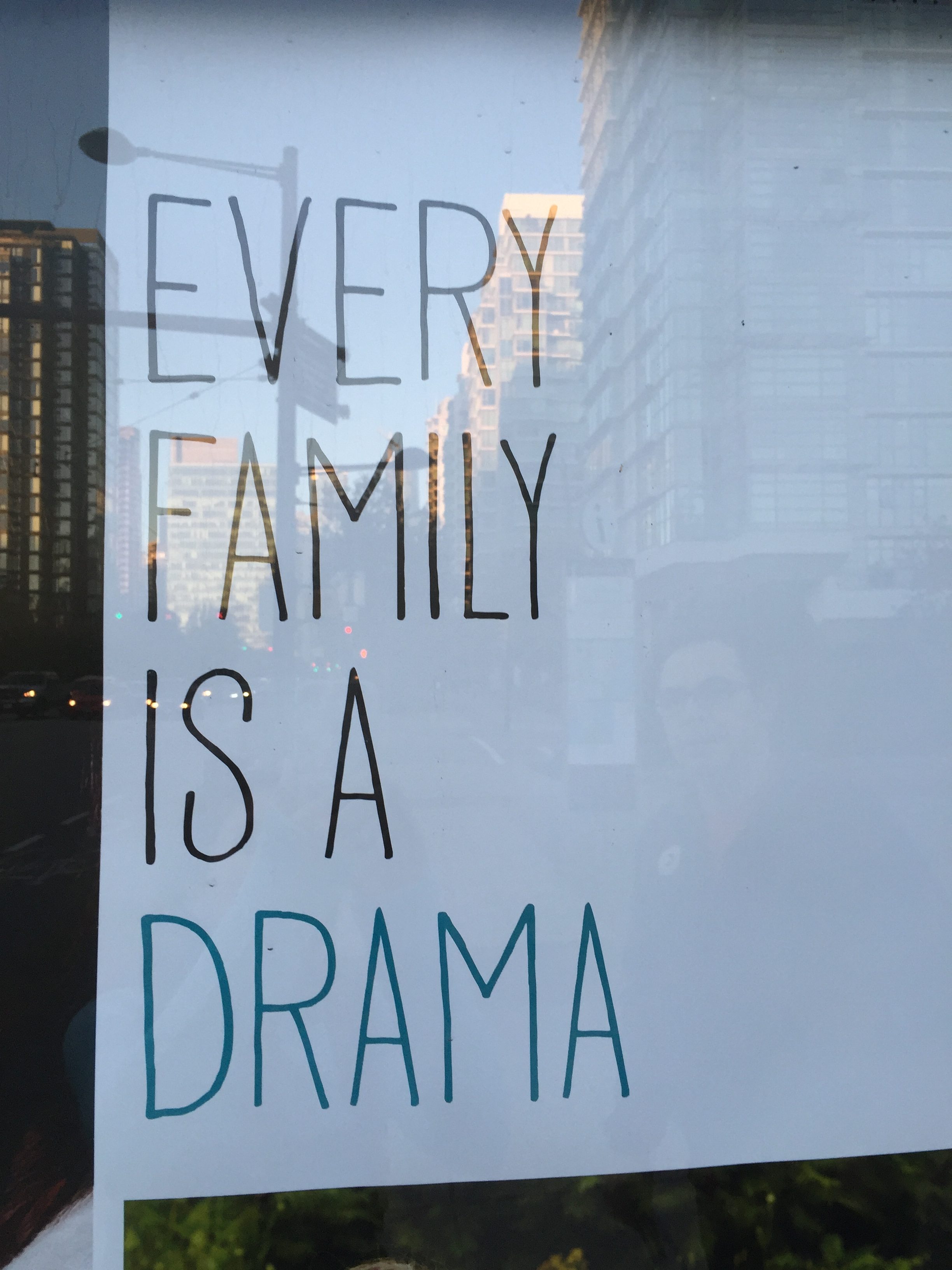For 30 years, I managed to ignore Father’s Day. My dad was not around when I was growing up, and my mother’s father died before I was ever born. But then I had a son, and for many years (long after my own divorce) I helped him acknowledge Father’s Day until he became old enough to do it himself. However, when he was in kindergarten working on his family tree, he started asking questions I had long ago buried about my own father: was he alive or dead? Did he have any siblings? What did his parents do? Why did he leave Spain to come to the U.S.?
Eight years ago, I decided to solve the mystery that my son’s school project had unearthed. I tracked down my father, who lives in Florida, and took a DNA test. Afterwards, I met that whole side of my family– including an uncle and his wife, along with their two daughters, and my brother from a different mother. A couple of years later, I filed a Petition to add him to my birth certificate, much to my mother’s chagrin. Afterwards, over the course of several years, I have made huge efforts to spend time with him and my new-found family. Eventually, with my father’s help, I recently became a Spanish citizen.
It’s been a long and emotional journey to say the least, but it was important for me to get to know my father. I needed to understand his past, forgive his transgressions, and accept all the good, the bad and the ugly that makes him the complicated character that he is in my world. While my story might be a bit extreme, I do know this– I am not the only one with “daddy issues.” Over 40% of children in the U.S. are now born out of wedlock, and millions are being raised by single mothers, who are often short-changed on child support. Did you know that in the U.S. past-due child support totals about $115 Billion? (See 5/21/19 article by Y. Wenger in the Baltimore Sun).
We all know from our own life experiences that some men are never a part of their children’s lives, while others are all-in, and then there’s a whole range somewhere in between those two extremes, yet almost all the cards I see talk about being grateful for having the #1 Dad. Sorry Hallmark, but I think a lot of us would really appreciate a simple message that just wishes the person a nice day and leaves it at that. And while some of you may think that’s harsh, others are probably wondering why even bother with that? Well, the reality is that none of us would be here if it were not for our parents getting together, for however brief that encounter may have been. Surely we can all appreciate that some of our characteristics that make us who we are came from our parents’ DNA. Our different experiences help distinguish us from our makers (hopefully for the better), and then as adults we learn to accept the parents we actually have, not the parents we wish we had grown up with.
I’m sure many of our parents wish they could turn back time and un-do some of the things that they did, but the power to edit the past is something that eludes all of us. What we can do is forgive our parents for the mistakes they made (without forgetting the lessons they taught us) and move forward without allowing ourselves to be consumed by anger or regret. Therefore, no matter how complicated your situation with your father may be, if he is still alive try not to ignore Father’s Day. Acknowledge the day in some way, and take heart in knowing you are far from alone if you find yourself staring at the shelf full of cards like a deer caught in headlights. If after 3 minutes you can’t find one that suits your situation, don’t torture yourself– walk over to the section of blank cards, write a simple message, slap a stamp on it and stick it in the post, and then pat yourself in the back for a job well done.
Father’s Day, it is emotionally complicated for many, but the day itself does not need to be full of drama. Keep it simple, and only say things that day that meet this test: (1) is it kind? (2) is it necessary? and (3) is it true? If what you are thinking doesn’t pass this test, then keep it to yourself –at least for those 24 hours that are not meant to be about you.
By Regina A. DeMeo








